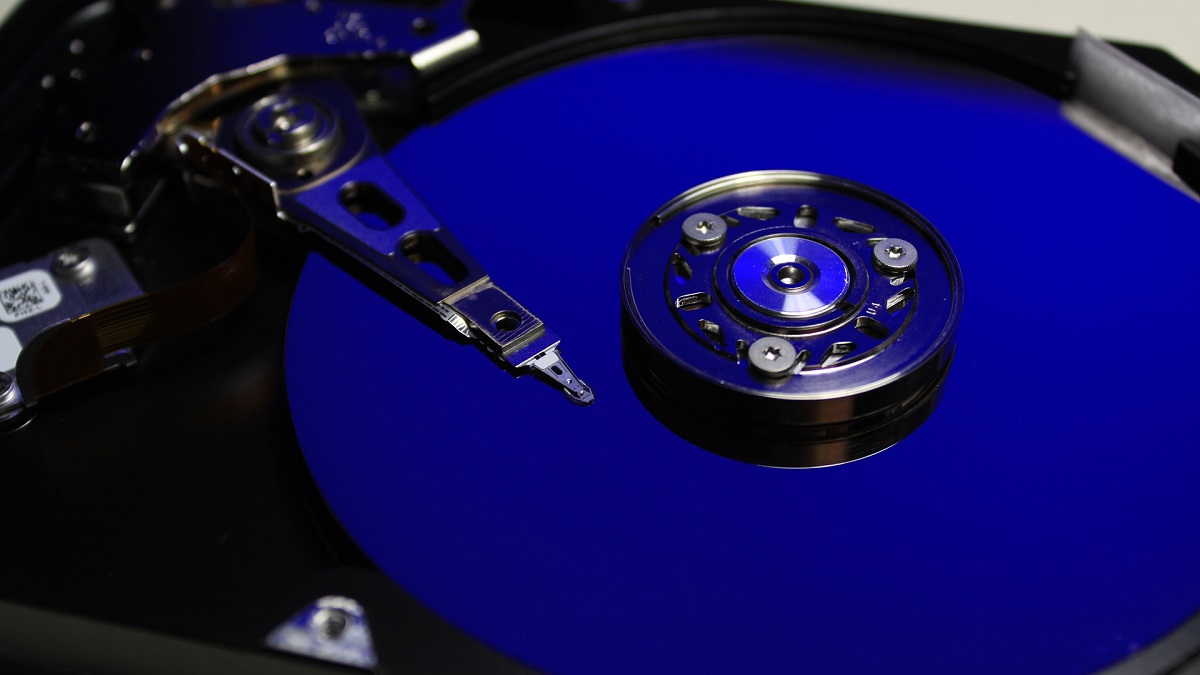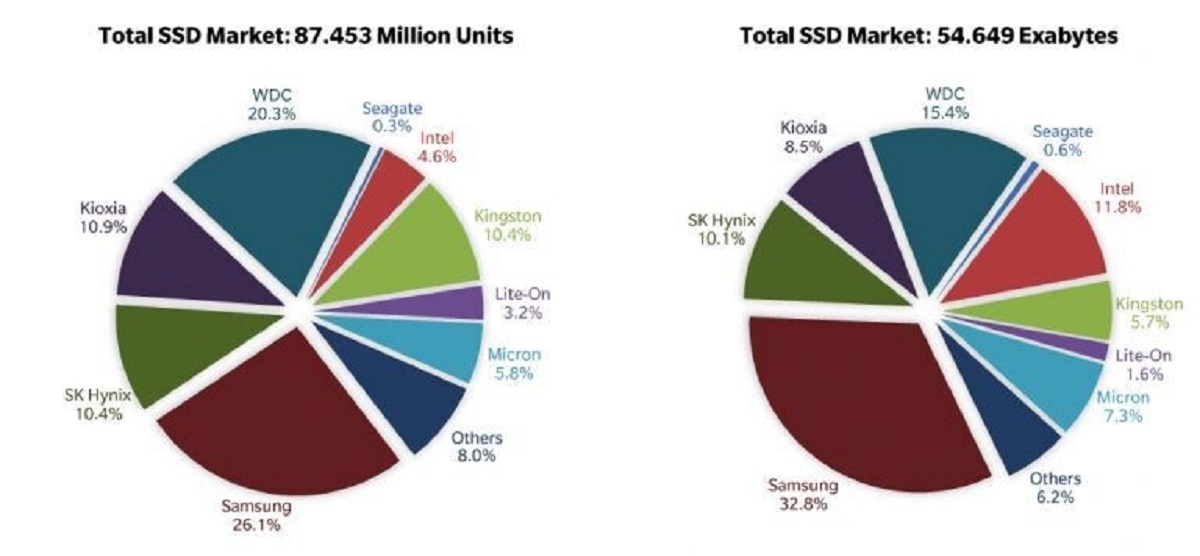
Solid State Drives (SSD) have broken an inevitable record. The flash-based storage devices have outsold their older cousins, the Hard Disk Drives (HDD). Last year was a transition year for computers across the world.
While Solid State Drives or SSDs have outsold HDDs, the latter still offers way more storage capacity. Nonetheless, the rapid shift and higher adoption of SSD should help the makers of flash-based storage manufacturers.
PC and laptop owners prefer SSD as a primary boot drive but still rely on HDD for storage:
Computer storage device manufacturers sold as many as 333 million Solid State Drives last year. The year 2020 was a milestone for the SSDs because, in the same year, manufacturers shipped 260 Million Hard Disk Drives.

The difference in the number of storage devices shipped is large. However, the difference in the amount of storage space offered is even larger.
The SSDs have finally overcome HDDs in the number of shipped units. But in terms of total capacity shipped, HDDs are still winning by a huge margin. Incidentally, this margin won’t reduce in the near future.
SSDs vs HDD
Solid state drives deliver faster load times for games, applications, and movies. Because of the technology they use, SSDs are lighter and better able to withstand movement and droppage. They are also upto 10 times faster than the Normal hard disk drives (HDD)
— Tovuty Technologies (@Tovuty) February 16, 2021
Manufacturers shipped 333 Million SSDs but they offer a total of 207 Exabytes (EB). While this may seem a lot, the 206 Million HDDs collectively offer a storage capacity of over one Zettabyte (ZB). Simple math indicates SSDs roughly offer just 25 percent of the storage capacity of HDDs.
SSDs are faster but more expensive while HDDs are slower but cheaper:
The average capacity of SSD was as much as 0.67 Terabytes (TB) or about 500 GB, while the average capacity of HDD was around 4.0 TBs. That’s a four-fold size difference.
The equation is completely flipped when it comes to speed. While HDDs roughly offer about 20 to 100 Mbps write speeds, an average SSD can offer anywhere between 200 to 600 Mbps. The situation is similar when it comes to read speeds.
How long does an SSD (Solid State Drive) last? Just like hard drives, solid-state drives don't last forever. However, they can last up to 10 years. So, it is best to backup your data regularly. #Technology #Saturday #Weekend pic.twitter.com/cfCX46hM6M
— Solvusoft (@Solvusoft) February 13, 2021
Essentially, PC and laptop owners are buying more SSDs to use as primary booth devices. However, HDDs, with their loads of storage space, serve as secondary storage devices. HDDs still offer way better value at the price per Gigabyte ratio as compared to SSDs.
Despite the price difference and rather limited storage space, SSDs are experiencing Year-over-Year growth of 20.8 percent in unit shipments. Meanwhile, HDDs are experiencing a negative or declining rate of 18 percent.
The situation is equally optimistic for SSDs when it comes to storage capacity. SSDs are growing at the rate of 50 percent. HDDs, on the other hand, appear to be reaching a saturation point, with a growth rate of just 13 percent.


